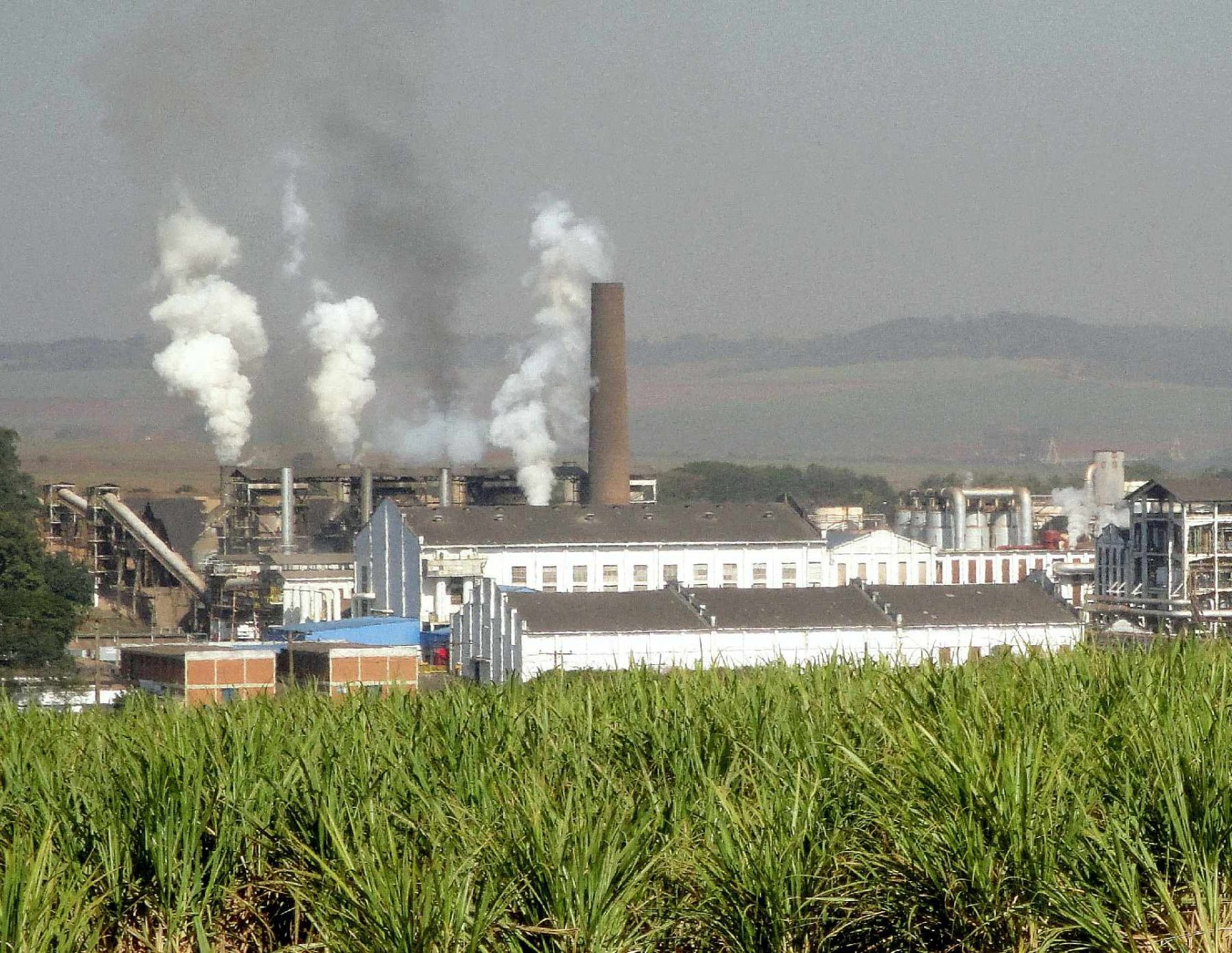Coca-Cola and PepsiCo’s efforts to stop illegal land seizures by sugar suppliers in Brazil have made progress, but Coke has had the greater impact and its competitor needs to do more, a World Bank conference heard this week.
The food and beverages giants committed to ‘zero tolerance for land grabs’ and vowed to clean-up their supply chains as part of charity Oxfam’s ‘Behind the brands’ campaign.
Coke and PepsiCo were among companies criticized in 2013 for links to land disputes, with Oxfam saying nearly 800 large-scale land deals by foreign investors had taken 33 million hectares – almost the size of Germany – from poor communities since 2000.
This prompted anti-poverty campaigners to call for major multinational companies to do more to stop indigenous communities around the world from being forced from their homes.
In light of Coca-Cola and PepsiCo’s commitments, Oxfam commissioned John Wilkinson, an agribusiness specialist at Rio de Janeiro’s Federal Rural University, to conduct an independent review of the companies’ efforts in Brazil.
He found the two companies’ commitments were “an important step”, according to an Oxfam report of Wilkinson’s findings presented at the World Bank Land and Poverty Conference in Washington D.C. this week.
However Wilkinson concluded while Coca-Cola’s investigation program was “comprehensive in scope”, PepsiCo’s approach “requires improvement”.
“(This is needed) particularly around its scope, its stakeholder engagement, and disclosure,” he was quoted in the Oxfam report, adding that PepsiCo recognized it needed to go further in Brazil.
PepsiCo did not respond to requests for comment while Coca-Cola had no direct comment on the Oxfam report but highlighted the company’s policy to be proactive on human and workplace rights in its supply chain and the communities where it works.
Land is critical for smallholder farmers and indigenous people globally but the majority in developing nations lack secure rights despite living or working there for generations.
Farmers are particularly vulnerable in developing nations where governments, keen to encourage private investment, allow investors to buy, lease, or develop land, creating tension.
For while state authorities grant official title, in doing so companies may infringe on communities’ customary land rights.
“When companies don’t address these conflicts appropriately, they can even lead to violent outcomes like the murder of Berta Cáceres in Honduras,” Oxfam researchers noted, referring to the fatal shooting of the high-profile land campaigner last March.
According to the Oxfam report, the companies chose different ways to assess and clean up their supply chains.
Coca-Cola conducted a baseline study which looked at land rights as well as forced and child labor. It has committed to conduct 28 such studies by 2020 to create a new database.
PepsiCo initially decided to conduct audits which examined land as well as some social, environmental, and human rights issues. The company committed to publish a “summary of critical findings” from each audit.
Oxfam researchers Gustavo Ferroni and Chloe Christman said Coke made a “strong effort” in scope and quantity of interviews and explained how to ensure suppliers followed its land policy.
But they recommended Coke commit to a public, time-bound plan to show how it will address findings of its baseline study.
The report welcomed PepsiCo’s recognition of needing to do more in Brazil but recommended a shift from an audit-based approach to a full assessment of human rights and land risks.
The researchers also urged PepsiCo to embark on due diligence on human rights in Thailand, the Philippines and Indonesia.
This article was produced by the Thomson Reuters Foundation. Visit them at www.thisisplace.org

